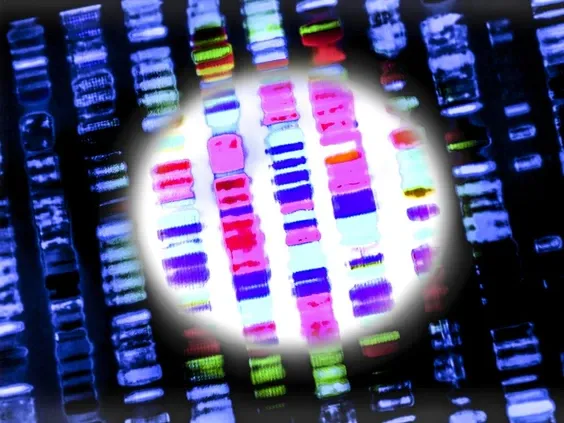What Were the Chances of Abiogenesis? - Universe Today
One of the oldest and most persistent tactics in creationist and intelligent design (ID) rhetoric is to invoke vast “improbabilities” to suggest that life could not have arisen naturally. The argument usually goes something like this: the odds of complex life emerging by chance are astronomically low, therefore it must have been designed. This is a textbook example of a false dichotomy — and it often rests on simplistic, outdated models of how abiogenesis is understood. A recent preprint by Robert G. Endres, reported by Universe Today, has already begun to circulate in ID circles as supposed “evidence” of just such improbability. But when read carefully, the paper does something very different: it provides a mathematical framework for understanding how life could arise, where the real constraints lie, and why the old “pure chance” caricature of abiogenesis is scientifically untenable.
In the abstract to his paper in arXiv, Enders says:
Abstract
The origin of life on Earth via the spontaneous emergence of a protocell prior to Darwinian evolution remains a fundamental open question in physics and chemistry. Here, we develop a conceptual framework based on information theory and algorithmic complexity. Using estimates grounded in modern computational models, we evaluate the difficulty of assembling structured biological information under plausible prebiotic conditions. Our results highlight the formidable entropic and informational barriers to forming a viable protocell within the available window of Earth’s early history. While the idea of Earth being terraformed by advanced extraterrestrials might violate Occam’s razor from within mainstream science, directed panspermia—originally proposed by Francis Crick and Leslie Orgel—remains a speculative but logically open alternative. Ultimately, uncovering physical principles for life’s spontaneous emergence remains a grand challenge for biological physics.
Because we can guarantee that this article will be misrepresented by creationists who will make claims not supported by the paper, I asked ChatGPT for an objective evaluation of the article in Universe Today and Endres arXiv paper:
The following article looks suspiciously like a creationist argument based on notional improbabilities* Can you produce an objective evaluation of it, please.
https://www.universetoday.com/articles/what-were-the-chances-of-abiogenesis
Here is an objective evaluation of the article “What Were the Chances of Abiogenesis?” (by Mark Thompson, published on Universe Today) and the underlying pre-print paper by Robert G. Endres (arXiv:2507.18545). I’ll identify what the article does well, where it is weaker, and how one might interpret it in light of your interest (refuting creationism / intelligent-design arguments).






